Through public and private diplomacy, the US can help deescalate Sunni-Shia tensions. [Read part one here.]
The Sunni–Shia split is threatening to swallow the Middle East. Although this divide is centuries-old and has been aggravated by decades of missed opportunities and spilled blood, the Obama administration has a number of options available to mitigate its impact. Given the experience of the last three years, all Washington wants out of the region in the final years of Barack Obama’s presidency is some degree of predictability. A sectarian de-escalation, if achieved, would do much to bring that about.
Despite recent trends, it is possible to imagine a more restrained competition between the region’s states for influence, one in which leaders take a collective step away from sectarian rhetoric and support for radical militant groups, and instead focus on political competition and offering competing ideas for the future of the Middle East. In this world, clerics who preach sectarianism and conflict would be marginalized, and violent groups throughout the region would be deprived of one of their main rallying cries. The question is how to get to that more restrained and predictable Middle East. Fortunately, there are a number of low-profile and low-cost steps that policymakers in Washington can take, which, if successful, could significantly shift the Sunni-Shia conflict down a gear.
First, the Obama administration should quietly partner with other concerned governments and United Nations secretary general, Ban Ki-Moon, to launch a highly publicized and well-funded program under the auspices of the UN, which will focus on developing innovative ways to heal the Sunni-Shia split in a post-conflict Syria and throughout the region. In line with the necessity to avoid the reflexive suspicion that often comes with any high-profile US initiative in the Middle East, American leaders should stay in the background and let UN officials lead the program in public.
The program should have buy-in and leadership from Muslim lay leaders and clergy, both American and foreign. This initiative would not only foster a meeting of the minds on how to bridge the Sunni-Shia split. However, it would also play a small part in improving the ability of the international community to leverage the vast majority of Muslims in the Middle East and elsewhere, who want nothing to do with sectarian conflict and simply want to live their lives in peace.
Regional Cooperation
Second, and with similar precautions, the US should launch a behind-the-scenes effort to get regional and pan-Islamic organizations, including the Arab League and the Organization of the Islamic Cooperation (OIC), to launch concrete initiatives designed to build trust across the Sunni-Shia divide. One reason why sectarian narratives have gained so much traction and currency is the absence of a strong counter-narrative from legitimate agenda-setting institutions. While the OIC currently professes such goals in its official charter, more specific and ground level projects are needed.
The idea of concrete US action to affect the Sunni-Shia split is not audacious; it is necessary. The sectarian brushfire currently burning in Syria, Iraq, Lebanon and elsewhere threatens to consume the entire region if left unquenched, and Washington can and should take steps to act.
The Arab League and the OIC, while possessing virtually no formal authority, are ideally placed in terms of membership, regional legitimacy and symbolic value to serve as vehicles for such an effort. An anti-sectarian message emanating from either or both would do much to shape the discussion within the wider region. The diplomatic push should be channeled through one or more receptive member states that can then press the agenda forward internally. Ideal candidates will be members in good standing who, at the same time, have good relations with Washington and could be persuaded to serve as US intermediaries. Specific candidates include Indonesia, Oman and Jordan.
Finally, and most importantly, American diplomats should engage in focused diplomacy with both the Iranians and Saudis, with the aim of convincing them to dial back their support of openly sectarian groups and clerics. These talks would have to be delicately conducted, since Saudi Arabia and Iran have invested considerable funds and political capital in today’s highly charged environment. However, the US possesses significant leverage vis-à-vis each country’s leaders, which, if utilized with caution and careful timing, can be used to push both in the direction of less explosive sectarianism.
US diplomacy should focus first on Iran. Making use of the diplomatic channel opened in early 2013 by Deputy Secretary of State William Burns, American diplomats can engage in secret meetings with their Iranian counterparts on the sectarian issue. These talks would be completely divorced from the nuclear file – those discussions are fragile enough. Rather, they should focus exclusively on an area that Iran cares a great deal about: its future relationship with the US. To maximize the chances of gaining traction on such a sensitive issue, the meetings should be relaxed and long-term, and focused on the possibility for a broader strategic rapprochement in the aftermath of a final nuclear deal. Through these discussions, the US should make it very clear that any real change in the Washington-Tehran relationship will depend on a demonstrable moderation of incendiary activity in the current major sectarian battlefields of Syria and Iraq, and that proof of such a step would go a long way toward easing American minds.
As soon as that proof is in hand, American diplomats should open parallel talks with the Saudis, all the while maintaining pressure on Iran as detailed above. Here, the discussions must be carefully handled, as the past year has shown Riyadh to be less than trusting in the recent trajectory of US diplomacy. Talks should begin with an emphasis on the shared goal of preventing Iran from dominating the region, and then move on to issues of regional stability, sectarian inflammation and the containment of dangerous militant groups, including the Islamic State of Iraq and the Levant (ISIS) and al-Qaeda in the Arabian Peninsula. By holding up a concrete Iranian concession, the US can credibly argue that Tehran is willing to dial down its destabilizing actions. American diplomats can then appeal to the strong Saudi preference for stability and push for a similar “white flag” from Riyadh.
If such mutual concessions can be secured, the Obama administration will have laid the groundwork for an ongoing and secret shuttle diplomacy process, in which each side progressively steps back from the sectarian brink. If success is sustained, American diplomats could even convene sessions with both nations represented at the same table, with a view toward eventually including other key players such as Kuwait, the United Arab Emirates and Qatar. Once begun, this process would only gain in momentum and credibility with each iteration, offering the best chance for Obama to realize his goals vis-à-vis the Middle East. It should be kept in mind that preference should always be given to minimizing the public US role; both sides should be encouraged to take their own steps and build on the original breakthrough.
The Hard Road Ahead
The idea of concrete US action to affect the Sunni-Shia split is not audacious; it is necessary. The sectarian brushfire currently burning in Syria, Iraq, Lebanon and elsewhere threatens to consume the entire region if left unquenched, and Washington can and should take steps to act. Through an adroit combination of public diplomacy and backroom dealings, American initiatives can have a real impact, and should be pursued quickly and comprehensively. Furthermore, the steps outlined above all provide a possibility of success while minimizing the US profile and diminishing the risk of public opinion issues.
However, there is an important caveat: it should be remembered that these recommendations do not comprise any kind of silver bullet, either alone or in combination; any progress may come only after years of effort. But they do have a very real potential to nudge the Sunni-Shia split in a less explosive direction. If there is even the remotest possibility of such an outcome coming to pass through American actions, the US has a moral obligation to make the attempt.
The views expressed in this article are the author’s own and do not necessarily reflect Fair Observer’s editorial policy.
Support Fair Observer
We rely on your support for our independence, diversity and quality.
For more than 10 years, Fair Observer has been free, fair and independent. No billionaire owns us, no advertisers control us. We are a reader-supported nonprofit. Unlike many other publications, we keep our content free for readers regardless of where they live or whether they can afford to pay. We have no paywalls and no ads.
In the post-truth era of fake news, echo chambers and filter bubbles, we publish a plurality of perspectives from around the world. Anyone can publish with us, but everyone goes through a rigorous editorial process. So, you get fact-checked, well-reasoned content instead of noise.
We publish 2,500+ voices from 90+ countries. We also conduct education and training programs
on subjects ranging from digital media and journalism to writing and critical thinking. This
doesn’t come cheap. Servers, editors, trainers and web developers cost
money.
Please consider supporting us on a regular basis as a recurring donor or a
sustaining member.
Will you support FO’s journalism?
We rely on your support for our independence, diversity and quality.


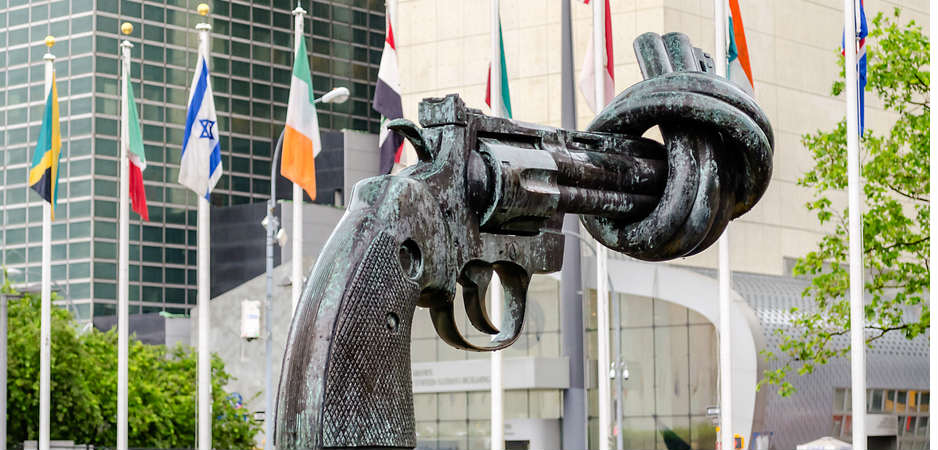
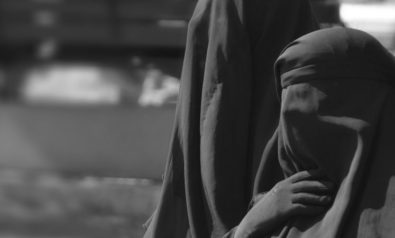
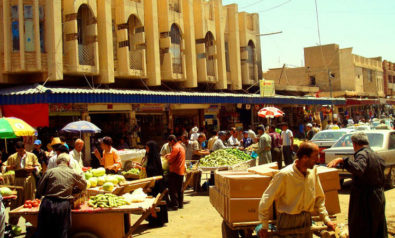
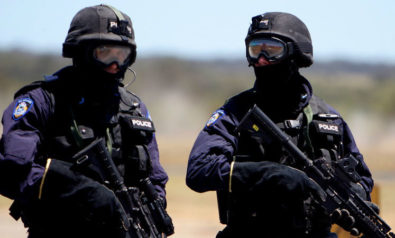

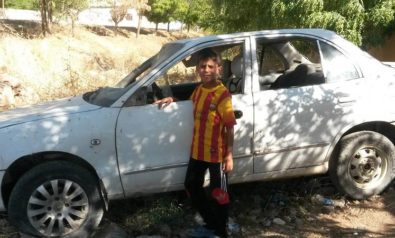
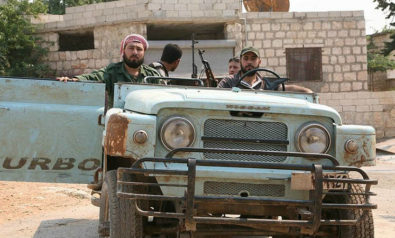
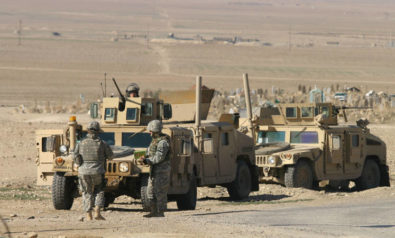
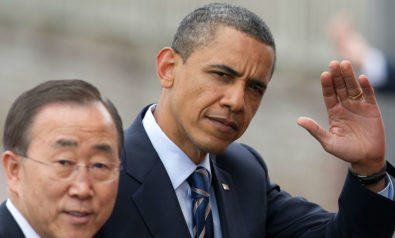

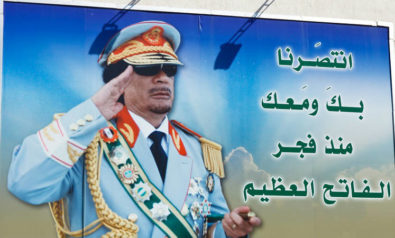


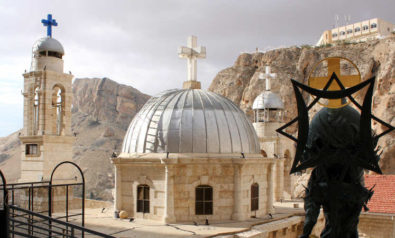


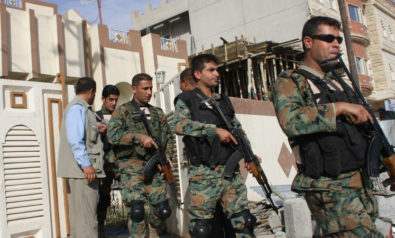
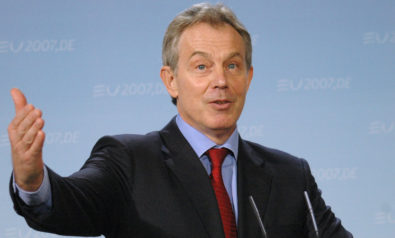

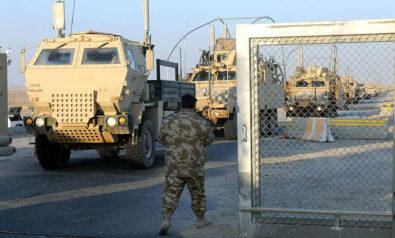





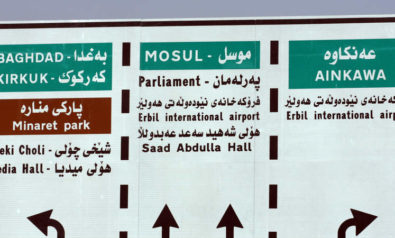
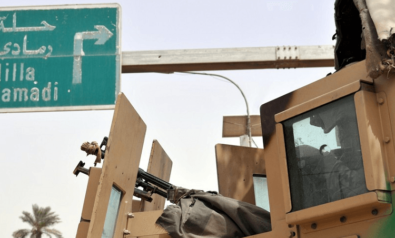


Comment